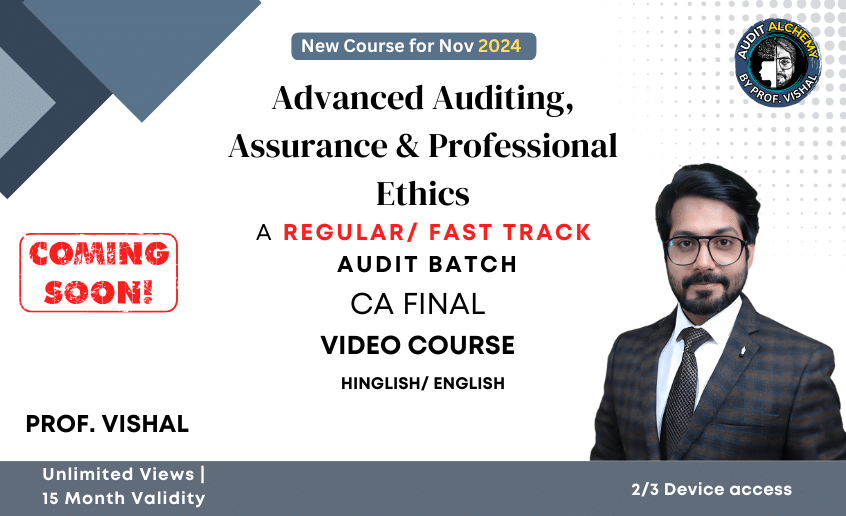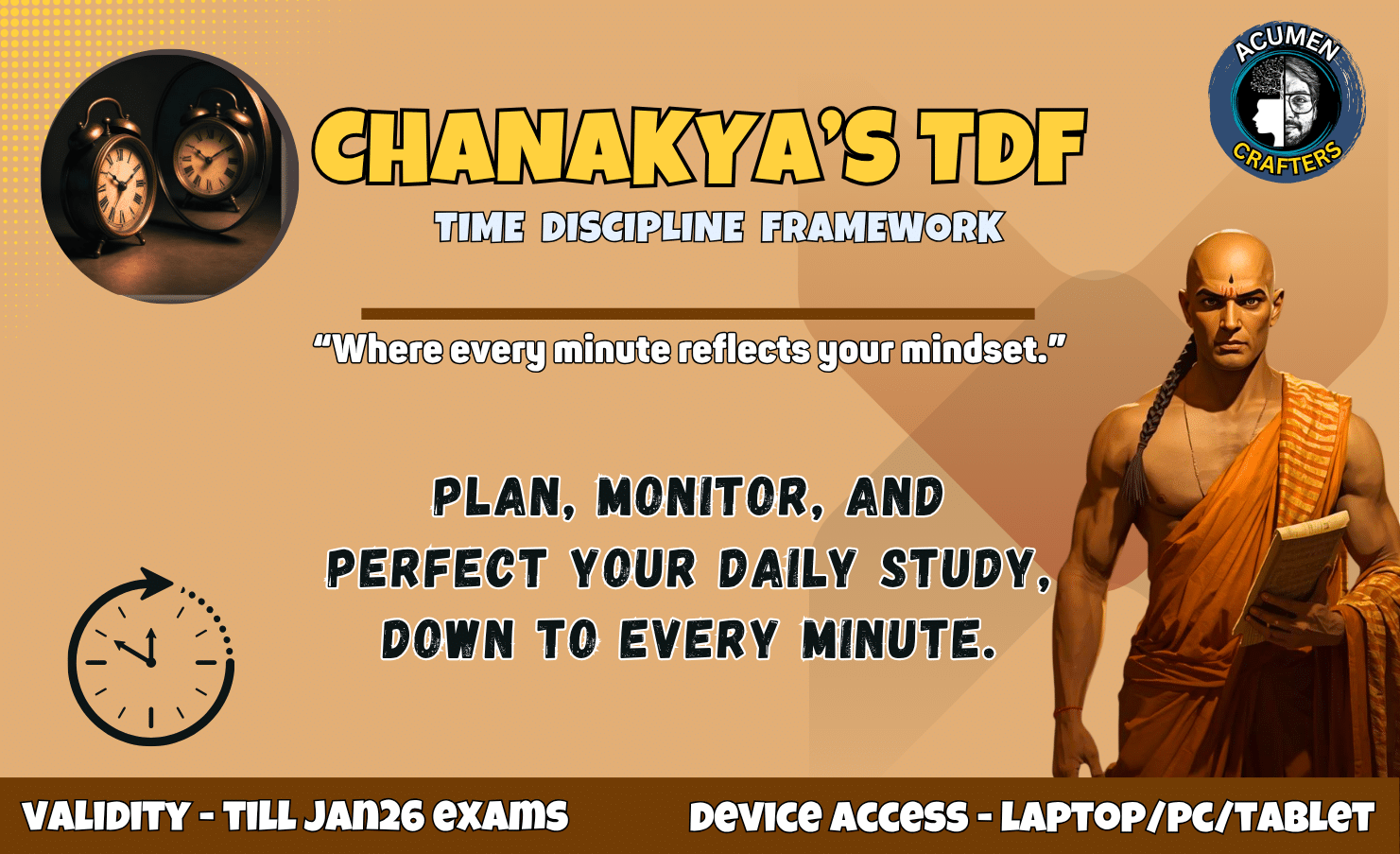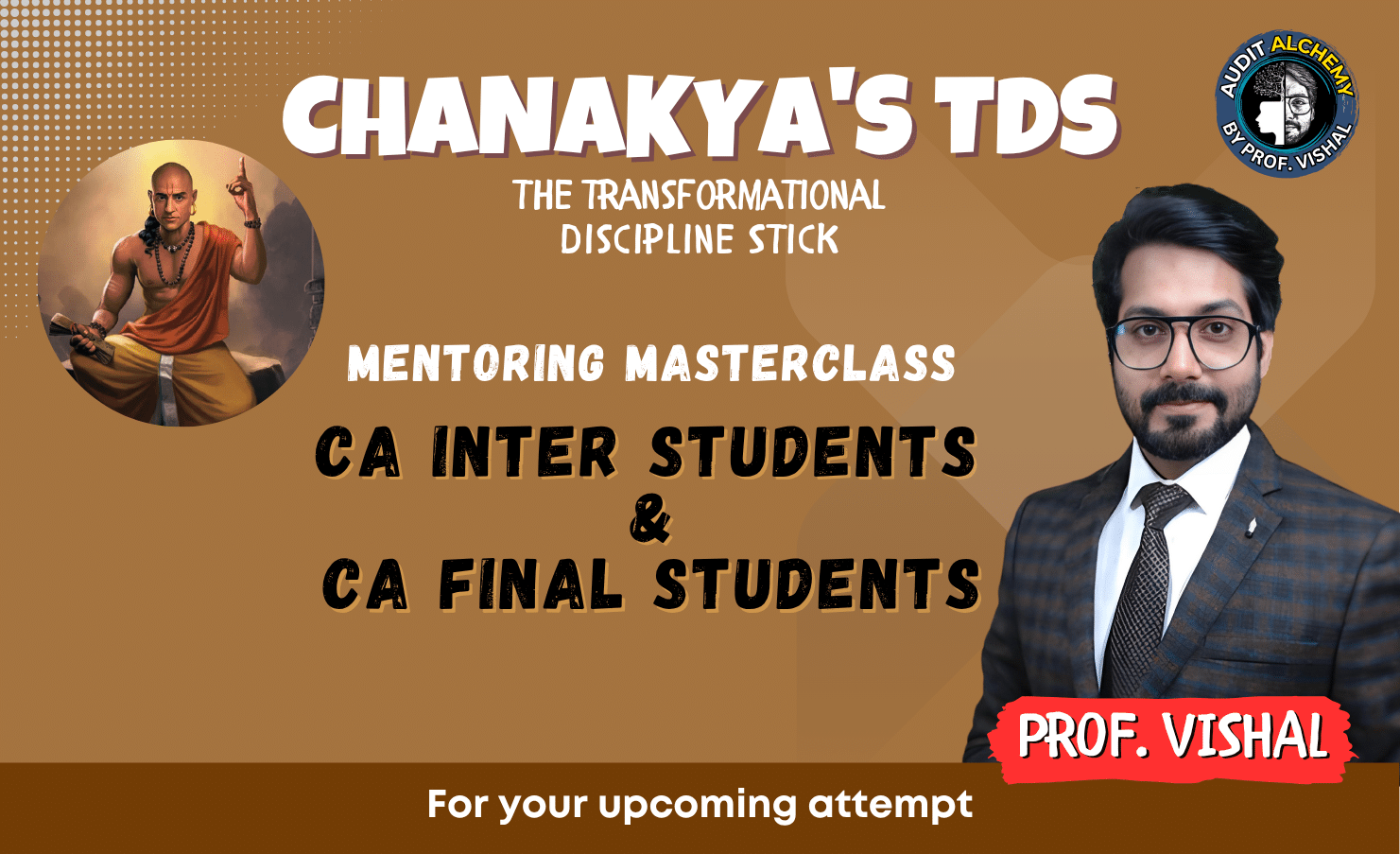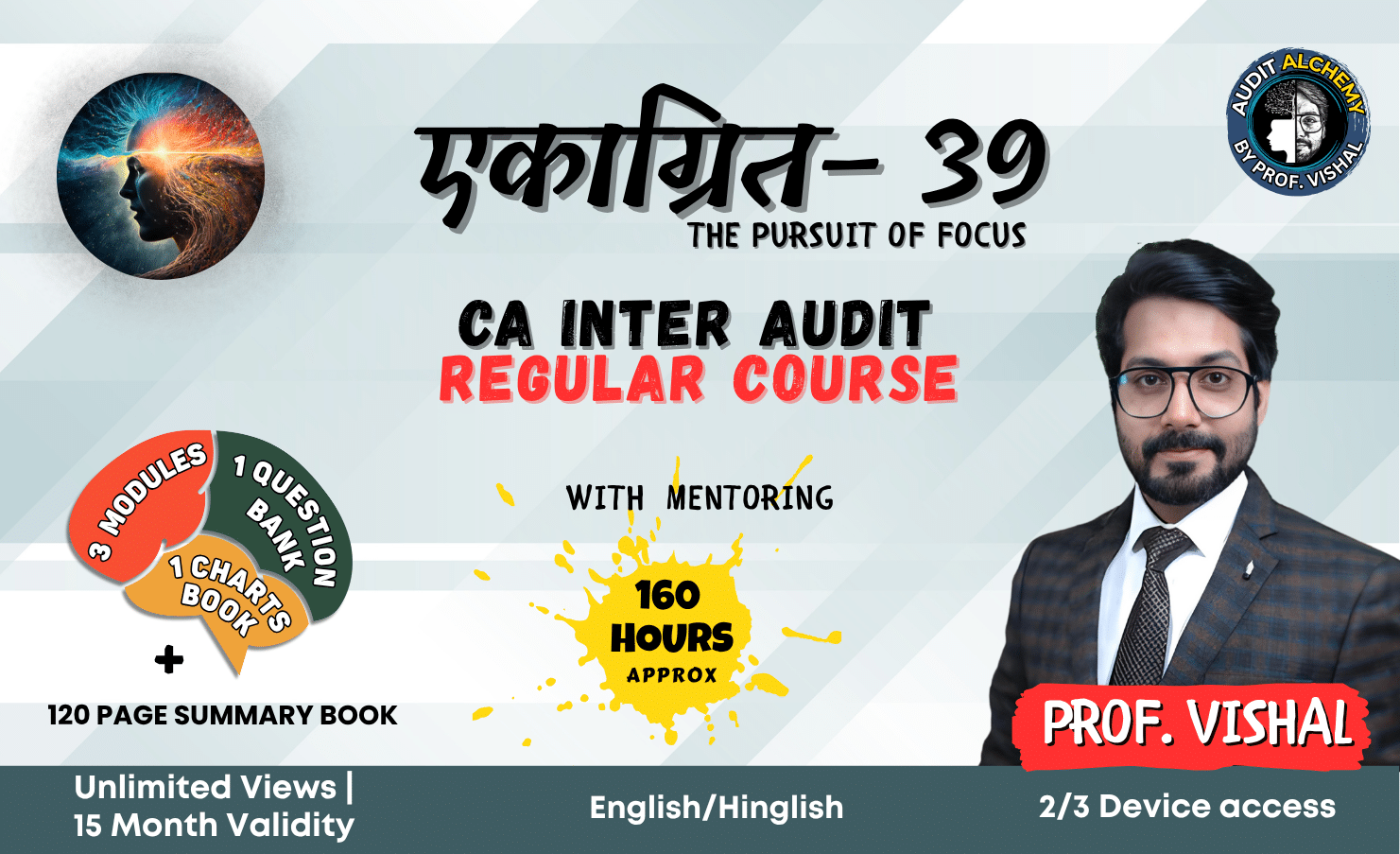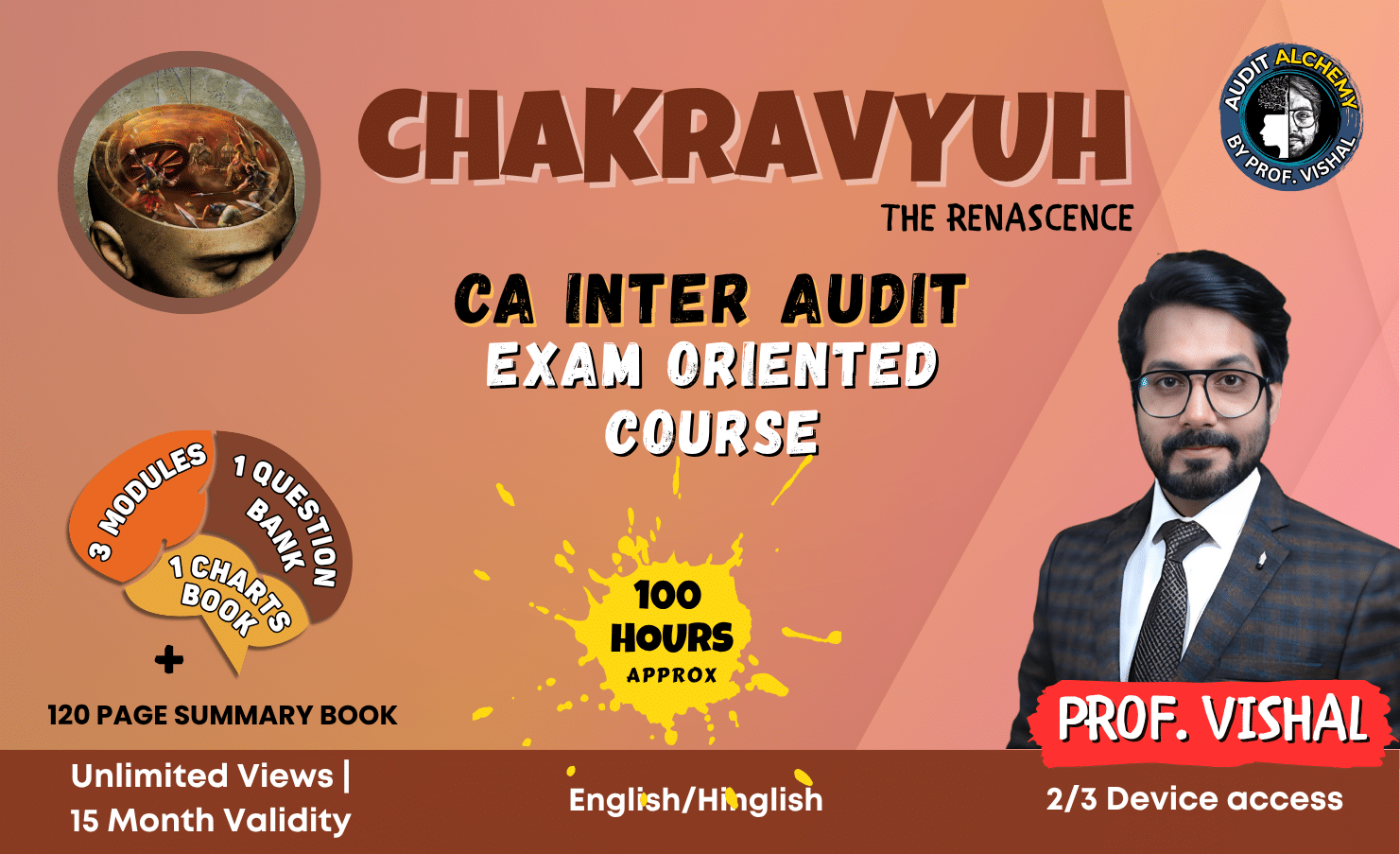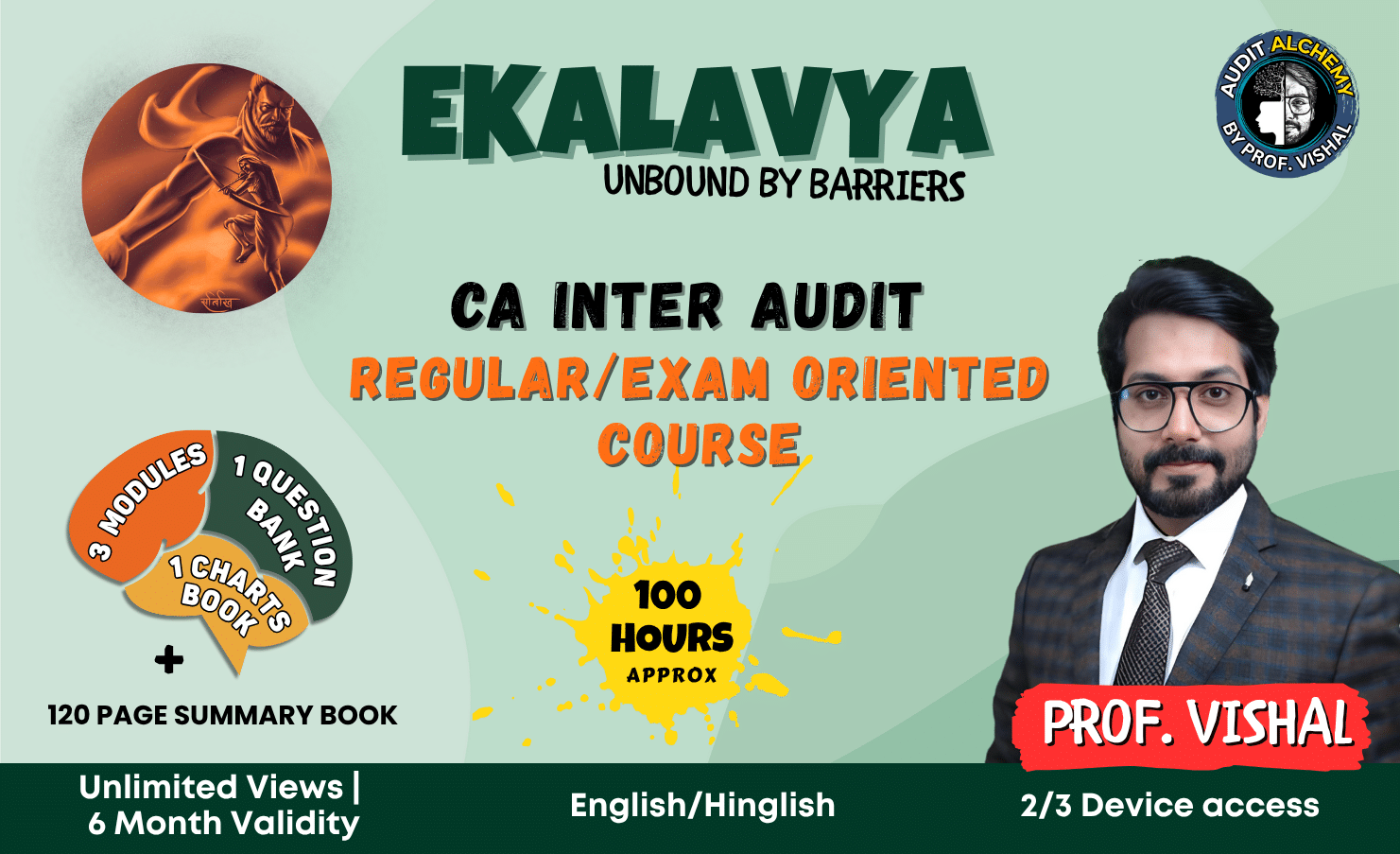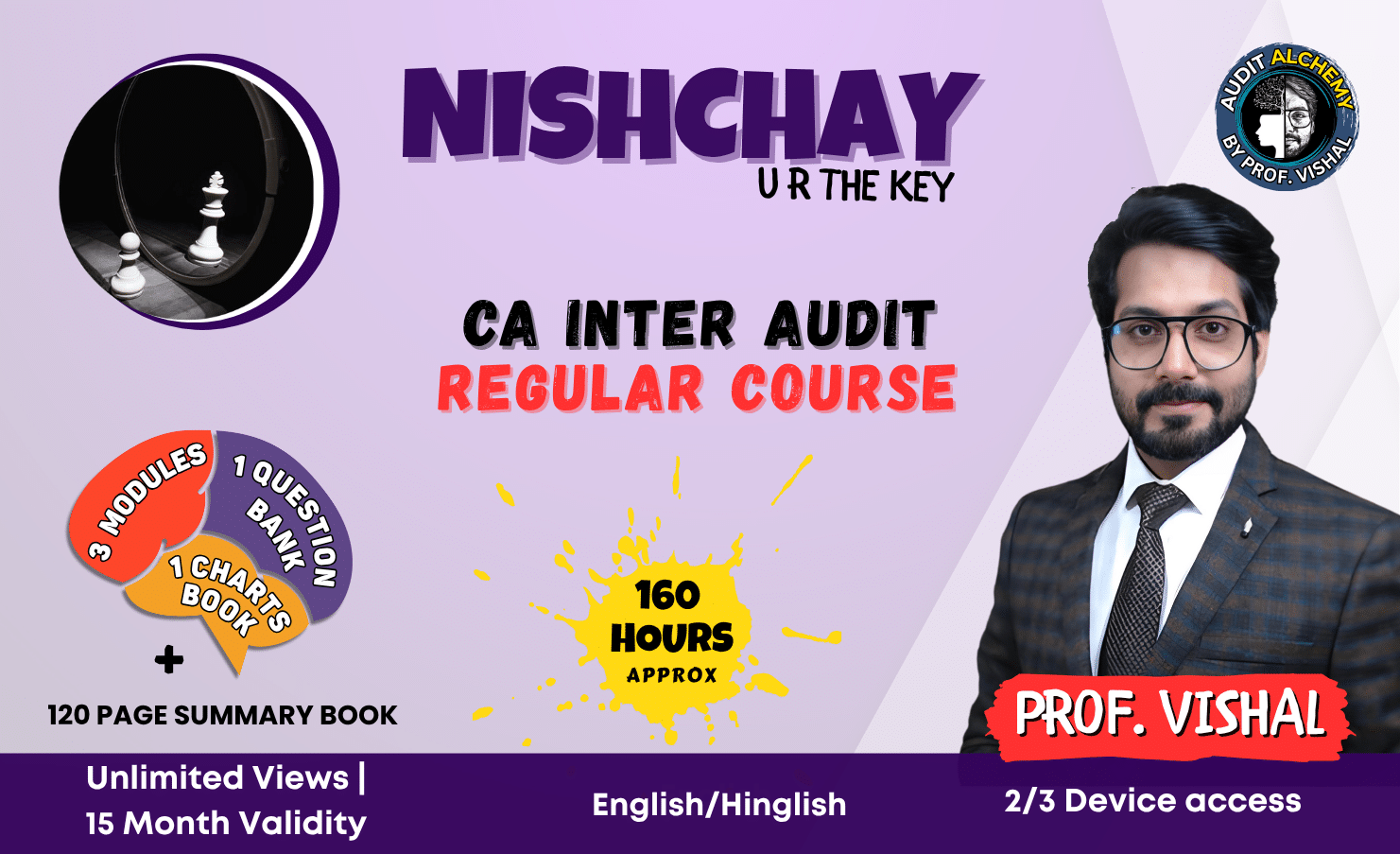When students enroll in the CA Foundation course, they are granted a four-month study period to gear up for the upcoming exams. Delve into this article to gain a comprehensive understanding of how to effectively prepare for the CA Foundation within this condensed timeframe. While diligence is a cornerstone, embracing intelligent strategies is equally vital. Embrace the ten expert tips shared here to conquer the Foundation level in your inaugural attempt.
The Chartered Accountancy journey is renowned as one of India’s most rigorous academic pursuits, and aspiring to become a Chartered Accountant remains the aspiration of countless commerce scholars. Despite yearly enrolments numbering in the lakhs, only 2,80,000 individuals hold the title of Chartered Accountant in India. The exclusive authority responsible for conducting CA examinations is the esteemed Institute of Chartered Accountants of India (ICAI).
Students gearing up for the CA Foundation exams in 2023 must acquaint themselves with the new syllabus introduced by ICAI. To access in-depth insights into the ICAI CA new scheme for 2023, peruse the detailed blog available.
The entrance assessment for prospective Chartered Accountants, formerly known as the CPT (Common Proficiency Test), has been rechristened as CA Foundation. This transition signifies that CA Foundation demands an elevated level of rigor compared to its predecessor, CPT.
For those aspiring to join this journey, completing CA Foundation registration after successfully concluding 10+2 examinations administered by a legally constituted examining body in India or an examination acknowledged as equivalent by the Central Government is a prerequisite. Upon registration for CA Foundation, candidates are allocated a minimum of four months to prepare before the examinations, necessitating a passing grade in the 10+2 examinations.
Achieving success in the demanding entrance test necessitates unwavering dedication to studies. Irrespective of location or circumstances, it’s crucial to uphold your commitment and not waver in your efforts.
In this discourse, we provide a range of insights to steer you towards success within the span of four months. However, keep in mind that execution is pivotal, and this responsibility falls squarely on your shoulders.
The CA Foundation curriculum at the foundational level encompasses four subjects:
Subject 1: Principles and Practices of Accounting.
Subject 2: Business Laws and Business Correspondence and Reporting.
Subject 3: Business Mathematics and Logical Reasoning and Statistics.
Subject 4: Business Economics and Business and Commercial Knowledge.
For commerce students who have completed their 12th grade, a substantial portion of the syllabus will feel familiar. CA Foundation’s curriculum bears striking resemblance to senior secondary classes.
The initial two papers are structured in a subjective format, while the subsequent two adopt an objective format. Commencing your preparation with the 12th-grade materials is advisable.
Professional success is often intertwined with effective mentorship. While some individuals may manage to crack the exam without formal coaching, it’s essential to recognize that conceptual clarity forms the bedrock of Chartered Accountancy. Secure the guidance of knowledgeable mentors who can illuminate the path ahead.
The significance of Statistics and Logical Reasoning cannot be overstated for non-mathematics-oriented commerce students. These subjects offer an avenue for boosting scores, as 20 marks are allocated to Logical Reasoning. The remaining marks are evenly distributed between Mathematics and Statistics. Consequently, focusing on Statistics and Logical Reasoning is wise for non-maths students.
One of the most potent tools for last-minute revision is your personal compilation of succinct notes. Given the expansive syllabus, relying on your handwritten notes during exams proves invaluable.
Embracing technological aid, CA exams permit the use of calculators. Mastery over calculator shortcuts such as M+, M-, and G is essential to manage time effectively during lengthy exams.
Efficiency thrives on periodic breaks. Regular intervals of 10-15 minutes after every 2-3 hours enhance mental clarity. Launch your day with theory subjects, transition to practical subjects, and culminate with a review of the day’s accomplishments.
Comprehensive revision is a three-fold process, warranting time investment across multiple rounds. Optimize your efforts by targeting diverse question types in each phase.
CA Foundation question papers and mock tests assume a pivotal role in preparation. Not only do they cultivate time management skills but they also enhance question analysis acumen. While practicing mock tests is advisable, a pragmatic approach involves solving previous year’s question papers and MTPs throughout your preparation journey.
Effective presentation acquires newfound importance due to the shift toward subjective papers. Treat your responses as a canvas for showcasing your understanding. The alignment of your answers with mentor suggestions enhances your presentation.
The final month should be reserved for comprehensive revision and rigorous practice. Design a meticulous revision schedule, preserving one theory subject alongside a practical subject. Refrain from diverting attention to external resources.
In summary, employ these expert strategies to navigate your CA Foundation journey within the span of four months and secure success on your first attempt:
- Develop a structured study timetable.
- Consider enlisting in reputable coaching.
- Spotlight Statistics and Logical Reasoning.
- Craft personal revision notes.
- Attain proficiency with your calculator.
- Incorporate strategic breaks.
- Execute a three-phase revision plan.
- Engage with CA Foundation question papers and mock tests.
- Enhance presentation skills.
- Dedicate the final month to meticulous revision.
- ICAI has revealed the schedule for the CA Foundation exams in May 2023, with examinations slated for June 2023. Refer to this page for the CA Foundation exam dates in 2023.
Strategies for Succeeding in CA Foundation Exam on First Attempt
Here, we present strategies that position CA candidates for success in the CA Foundation exam on their inaugural attempt:
1. Prioritize Independent Study
For optimal results, refrain from group study sessions and concentrate on completing the syllabus independently. Maintain unwavering focus to navigate the comprehensive syllabus efficiently.
2. Time Management and Revision
Complete the syllabus ahead of schedule to facilitate multiple revisions. Prioritize micro-topics and aim for a three-fold revision process to enhance retention.
3. Divided Learning Approach
Segment subjects into smaller units and target daily completion. An organized approach minimizes stress and ensures comprehensive coverage.
4. Nurture Positive Attitude
Cultivate a positive outlook, nurturing intrinsic motivation to study consistently. Maintain a determined stance to ensure consistent and effective preparation.
5. Sustained Study Hours
Allocate substantial daily hours (10-15) to study, fostering deep engagement with the material.
6. Daily Revision and Short Notes
Frequent revisiting of theory subjects, accompanied by the formulation of concise notes, enhances long-term retention.
7. Right Planning
Structure a study plan and adhere to it diligently. Align your preparation strategy with the specifics of the exam syllabus.
8. Personalized Revision Notes
Formulate tailored summary notes for each topic. These notes expedite last-minute revision and reinforce key concepts.
9. Mock Test Practice
Solve mock test papers to gauge your readiness and bolster your question-solving abilities. Use mock tests as self-assessment tools.
10. Limit Distracting Elements
Minimize distractions like social media, television, and unnecessary interactions. Maintain unwavering concentration on your goals.
11. Effective Study Breaks
Incorporate short breaks (3-4 hours) to rejuvenate your focus and sustain efficiency. Commence each day with theory subjects, progressing to practical subjects.
12. Balanced Study Mix
Balance your study routine by interleaving theory and practical subjects. This approach optimizes comprehension and retention.
13. Consistency in Articleship Training
Remaining committed to your articleship training cultivates discipline and contributes to your overall growth as a professional.
14. Crystal-Clear Conceptual Understanding
Thoroughly grasp the concepts underpinning each topic. This clarity paves the way for effective problem-solving during exams.
15. Prioritize Physical Well-being
Nurturing physical health through proper diet and sufficient sleep enhances cognitive performance and overall well-being.
16. Stress Management through Mindfulness
Incorporate practices like yoga and meditation for stress management. These techniques promote mental equilibrium and focus.
Avoidable Mistakes in CA Foundation Exams
1. Underestimating the Gravity
Approach the CA Foundation exam with utmost seriousness and dedication, avoiding complacency at all costs.
2. Absence of Effective Planning
Lack of strategic planning diminishes your chances of success. Embrace a comprehensive plan that accommodates your revision needs.
3. Overreliance on Self-Study
While self-study is essential, don’t disregard the benefits of external guidance. Seek mentorship to reinforce your understanding.
4. Distractions as Detractors
Curbing distractions such as social media, TV, and irrelevant discussions is vital. Maximize your study hours by minimizing diversions.
5. Neglecting Prioritization
Prioritize your study regimen from day one. Each “don’t” that you indulge in detracts from your probability of success.
By following these strategies and avoiding these pitfalls, you can navigate your CA Foundation journey effectively and attain success on your very first attempt. Remember, your journey is one of dedication, commitment, and strategic planning.






